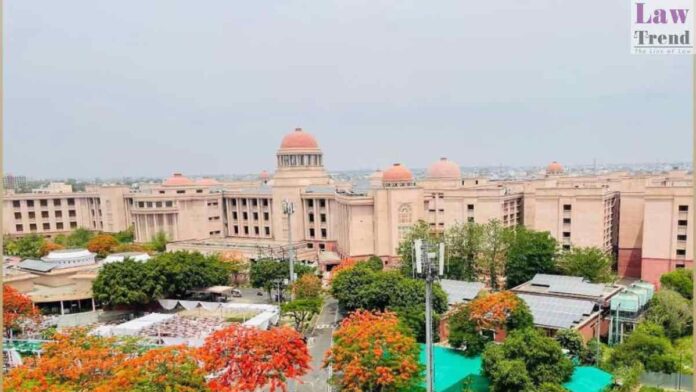In a judgment delivered on 29 May 2025, the Allahabad High Court set aside the conviction of a man sentenced to life imprisonment for the murder of his wife and son, after finding that he was suffering from impaired mental condition at the time of the offence. The Division Bench of Justice Sangeeta Chandra and
To Read More Please Subscribe to VIP Membership for Unlimited Access to All the Articles, Download Available Copies of Judgments/Order, Acess to Central/State Bare Acts, Advertisement Free Content, Access to More than 4000 Legal Drafts( Readymade Editable Formats of Suits, Petitions, Writs, Legal Notices, Divorce Petitions, 138 Notices, Bail Applications etc.) in Hindi and English.




